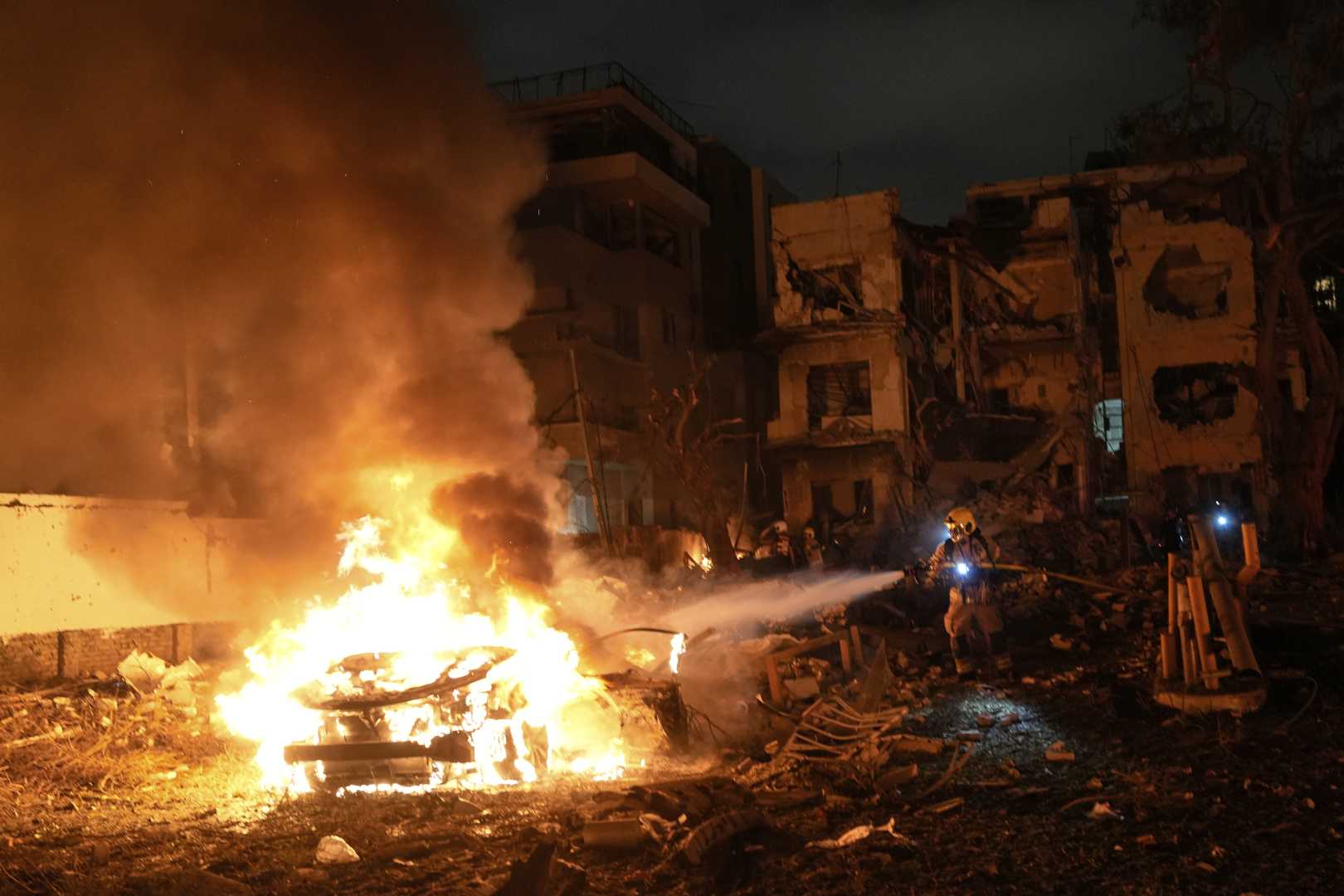World
Iran Refuses U.S. Surrender Demand Amid Ongoing Conflict with Israel

TEHRAN, Iran — Iranian Supreme Leader Ali Khamenei firmly rejected U.S. President Donald Trump’s recent call for Iran’s “unconditional surrender” during a televised speech on June 18. He added that Iran would target the United States if it intervened in the ongoing conflict with Israel.
Khamenei’s strong stance reflects Iran’s refusal to back down amid escalating tensions, as Israeli airstrikes continue to target Iranian military positions. He described Trump’s demands as “unacceptable” and warned that involvement by the U.S. could result in “irreparable damage” to the United States.
The U.S. is currently deploying additional military assets to the Middle East in response to the conflict, aiming to safeguard its interests in the region, according to U.S. officials. Israeli Defense Forces (IDF) reported that their airstrikes since June 12 have significantly degraded Iran’s offensive capabilities.
Israeli strikes have forced Iranian forces to relocate from western Iran to more central regions. IDF estimates suggest that between 35 to 40 percent of Iran’s ballistic missile stockpile has been destroyed. The IDF noted that Iranian missile attacks have diminished in scale since the conflict began on June 12.
The IDF has continued to target Iranian military infrastructure, including missile storage sites linked to the Islamic Revolutionary Guards Corps. One recent strike destroyed several Iranian military aircraft, including helicopters that could potentially challenge Israeli air supremacy.
In parallel to the military actions, the Iranian government is grappling with internal unrest, as indicated by a significant internet blackout across the country. This comes amid reports of increased paranoia within the regime, resulting in arrests of those accused of cooperating with foreign entities.
The Iranian Parliament has passed a bill imposing harsher penalties on those communicating with “hostile” foreign governments, which would likely target connections with the U.S. and Israel. This suggests a growing concern for internal stability as regime officials fear the potential for unrest due to the ongoing conflict with Israel.
As the situation escalates, the Quds Force, part of Iran’s armed forces, is reportedly preparing to retaliate if the U.S. gets directly involved. Iranian officials have stated that they would call on allied groups like Hezbollah to engage in the conflict.
U.S. President Trump has voiced a desire for “complete victory” over Iran, insisting he doesn’t wish for military involvement but believes Iran poses a nuclear threat. The U.S. is actively enhancing its military posture in the region in anticipation of escalating tensions.
The conflict between Israel and Iran continues to unfold, with no sign of resolution as both sides prepare for further military engagement.












